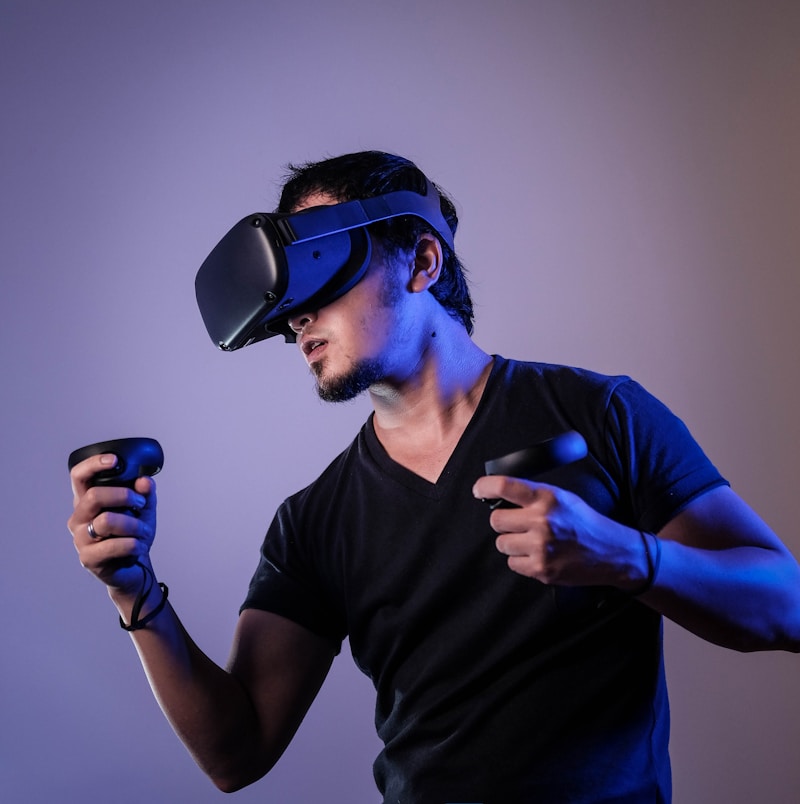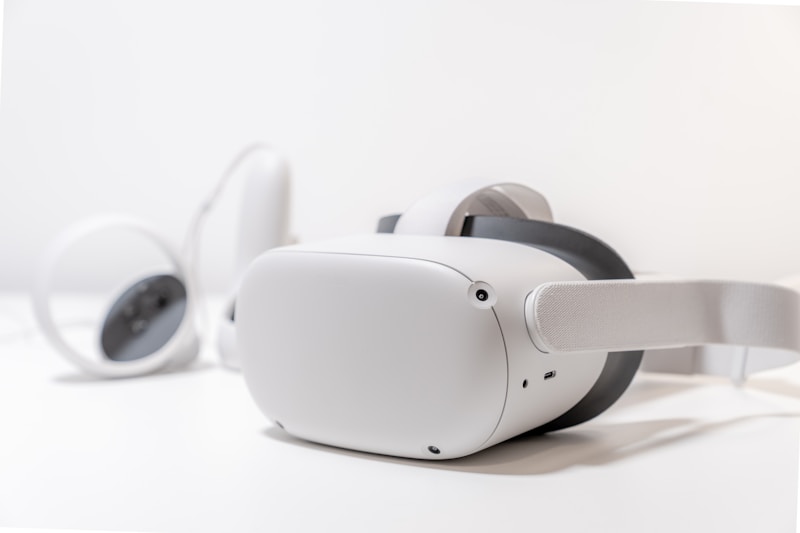Lens Technology and Rokid announced a partnership today to make AR glasses mainstream. Look, I've been covering AR for years, and I've seen this movie before. But let me tell you why this might be different.
AR's Graveyard of Failed Promises
Before we get excited, let's remember the bodies littering the AR battlefield:

- Google Glass (2013): Promised to change everything. Reality: Privacy backlash, $1500 price tag, terrible battery life. Dead in 2 years.
- Magic Leap (2018): Raised $2.3 billion promising mixed reality magic. Reality: Bulky, expensive, limited field of view. Now sells to enterprises.
- Microsoft HoloLens: Still alive but costs $3500 and looks like a construction helmet.
- Apple Vision Pro: $3500 face computer that nobody uses outside demos.
Every few years, someone promises AR glasses will be the next smartphone. They never are.
Why This Partnership Might Not Suck
Lens Technology makes the glass screens for actual smartphones people buy today. They're not a startup that'll run out of money in 18 months - they supply Apple, Samsung, and pretty much every phone manufacturer.
Rokid isn't promising holographic unicorns like Magic Leap did. They make real AR glasses you can buy today for around $400. They're not perfect, but they work.
The Manufacturing Reality Check
Here's what most AR companies get wrong: they focus on the sexy tech (micro-displays, waveguides, AI) and ignore the boring manufacturing problems.
Making millions of AR glasses that don't break when you drop them is harder than making one perfect prototype. Lens Technology has solved this for smartphones - maybe they can do it for AR glasses.
Most AR startups die when they try to scale from 100 prototypes to 10,000 units. Manufacturing precision optics at smartphone scale is incredibly difficult and expensive.
But Let's Be Realistic About What This Actually Means
The press release is full of corporate buzzwords about "pioneering the AR frontier" and "ecosystem integration." Translation: they're still figuring out how to make this work.
Don't expect to walk into Best Buy next month and buy affordable AR glasses. We're probably looking at 2-3 years minimum before anything ships at scale, and that's if everything goes perfectly.
The Problems That Still Haven't Been Solved
Even if Lens Technology can manufacture AR glasses at scale, the fundamental problems remain:
- Battery Life: AR glasses still die in 2-3 hours
- Field of View: Most AR displays are tiny compared to your phone screen
- Social Acceptance: People still look like idiots wearing AR glasses
- Useful Applications: Nobody's figured out why you need AR instead of just looking at your phone
Why This Could Work Where Others Failed
Unlike most AR partnerships, this one involves companies that actually make and sell products today:
- Lens Technology has manufacturing scale - They're not learning how to make glass displays; they've been doing it for years
- Rokid makes real products - Their AR glasses aren't perfect, but they exist and people buy them
- Realistic expectations - They're not promising to replace smartphones, just make better AR glasses
- Proven supply chain - Lens Technology already supplies the entire smartphone industry
The Competition Pressure
This partnership puts pressure on Apple, Meta, and Google to stop treating AR as a research project and start shipping something people can actually afford.
Meta's been burning billions on VR/AR with mixed results. Apple's Vision Pro is impressive but costs $3500. Google killed Glass and hasn't seriously tried AR since.
Maybe competition from companies actually focused on manufacturing will force the big tech giants to get serious about practical AR instead of research demos.
Bottom Line: Cautiously Optimistic (Again)
I've been burned by AR promises before. But this partnership combines a real manufacturer with a company that ships actual AR products. That's more promising than most AR announcements.
Will AR glasses replace smartphones? Probably not anytime soon. Will this partnership succeed where Google Glass and Magic Leap failed? Maybe.
The smart money says AR glasses will remain niche products for specific use cases (enterprise, gaming, entertainment) rather than mainstream consumer devices. But if anyone can prove that wrong, it might be a partnership between companies that actually know how to make and sell hardware.
Just don't expect AR contact lenses or holographic displays anytime soon. We're still trying to figure out how to make decent AR glasses that don't look ridiculous.





